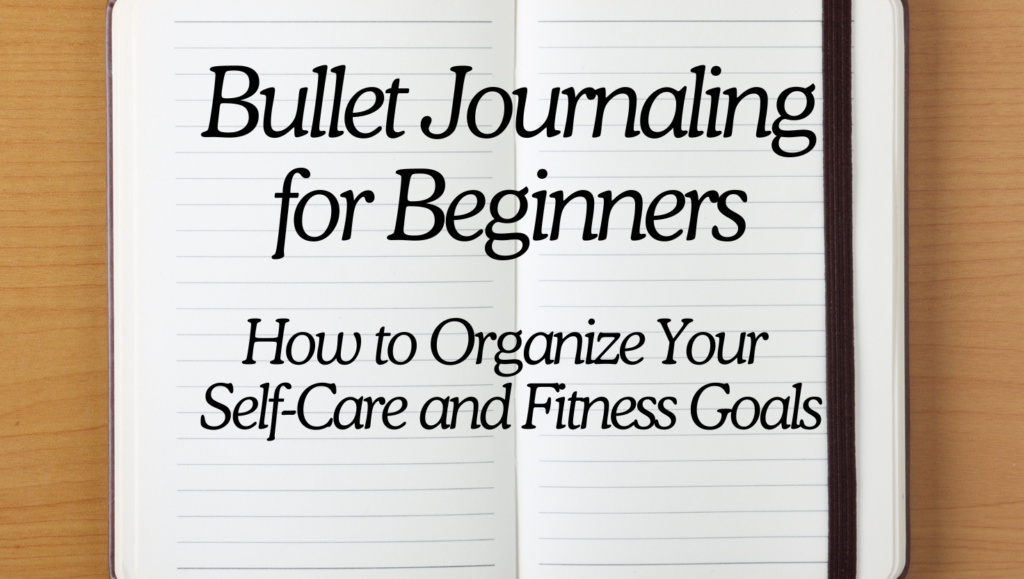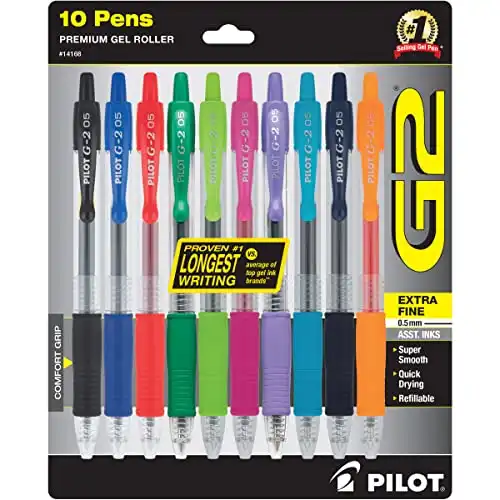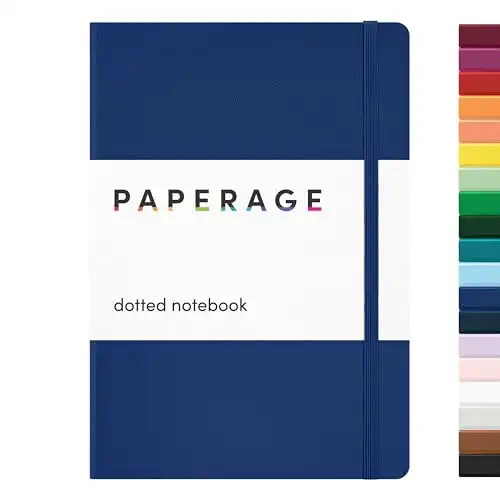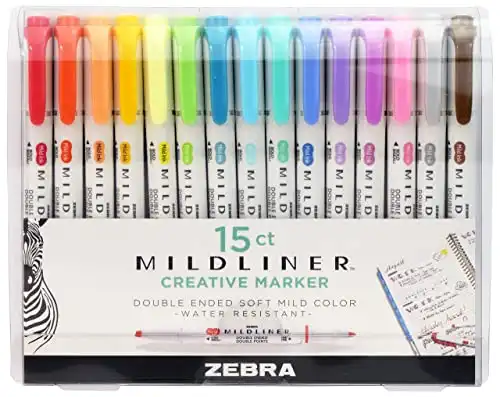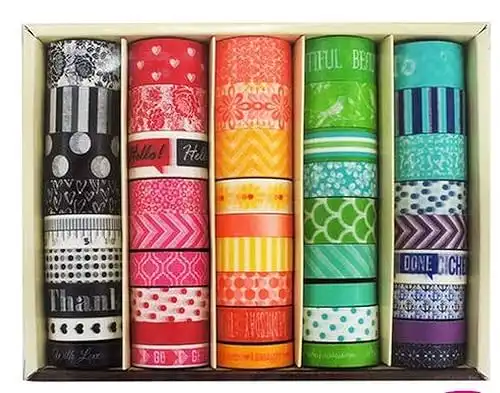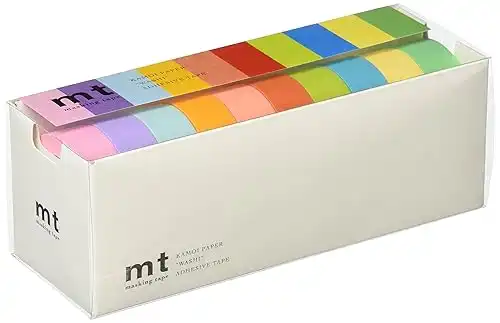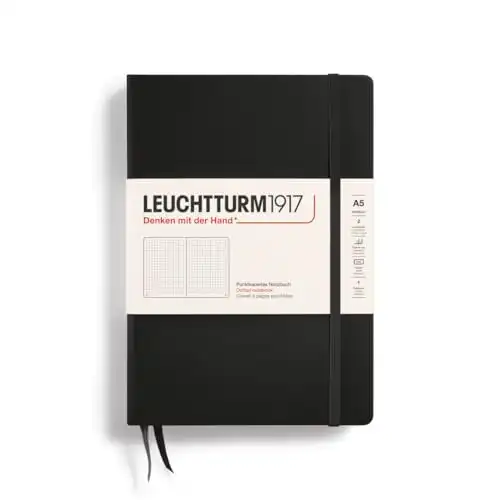Bullet Journaling for Beginners: How to Organize Your Self-Care and Fitness Goals
Let’s face it: Between work deadlines, social commitments, and the endless scroll of TikTok, keeping track of your self-care routines and fitness goals can feel like juggling flaming torches. Enter bullet journaling—the analog, no-frills system that’s part planner, part diary, and part creative outlet. Think of it as a Swiss Army knife for your wellness ambitions.
But here’s the kicker: Studies show that people who journal their health goals are 42% more likely to achieve them compared to those who don’t. Whether you’re aiming to drink more water, nail that 5K, or finally prioritize you, a bullet journal might just be your secret weapon. Let’s break down how to start one—even if you’ve never picked up a gel pen.
What Is Bullet Journaling? (And Why It Works)

Bullet journaling, or “bujo” for short, is a customizable organization system created by Ryder Carroll. Unlike pre-made planners, it adapts to your life. You design pages to track habits, log workouts, map moods, or scribble gratitude lists—no rules, just results.
Why it’s perfect for self-care and fitness:
- Flexibility: Track whatever matters to you, from meditation minutes to squat PRs.
- Accountability: Physically writing goals boosts commitment (science says so).
- Creativity: Doodles, stickers, and washi tape make consistency fun.
The Starter Kit: What You Need to Begin
You don’t need a $50 calligraphy set to start. Here’s the bare-bones toolkit:
| Supply | Why It Matters | Budget-Friendly Picks |
| Dot-Grid Notebook | Guides layouts without rigid lines | Leuchtturm1917 or Paperage |
| Fine-Line Pens | Precision for tiny checkboxes | Pilot G2 (0.5mm) or Micron pens |
| Mildliners | Color-code habits without bleeding | Zebra Mildliners or Crayola Supertips |
| Washi Tape | Section dividers + instant decoration | MTape or Recollections rolls |
Pro Tip: Start simple. A $5 notebook and single pen work just fine. Fancy supplies can come later.
Setting Up Your First Bullet Journal
Create Core Pages
These foundational spreads keep your journal organized:
- Index: The table of contents. Number your pages and log topics here.
- Key: Assign symbols (⭐= priority, ✔= completed task).
- Future Log: A bird’s-eye view of the year (birthdays, race dates, vacations).
- Monthly Spread: Calendar + habit tracker combo.
- Daily/Weekly Logs: To-do lists + quick reflections.
This guide breaks down each page with visuals.
Tracking Self-Care Like a Pro
Habit Trackers: Your Accountability Sidekick
Habit trackers turn vague goals (”I should meditate more”) into visual wins. Here’s how to design them:
| Category | What to Track | Format Ideas |
| Physical Health | Water intake, sleep hours, step count | Color-coded grids or bar graphs |
| Mental Health | Meditation minutes, screen-free time | Mood thermometers or smiley faces |
| Nutrition | Veggie servings, meal prep days | Checklists or pie charts |
Example Weekly Tracker:
| Habit | Mon | Tue | Wed | Thu | Fri | Sat | Sun |
|—————-|—-|—-|—-|—-|—-|—–|—-|
| 8h Sleep | ◻ | ◻ | ✔ | ◻ | ✔ | ✔ | ◻ |
| 30-Min Walk | ✔ | ✔ | ◻ | ✔ | ◻ | ✔ | ✔ |
| Mindful Eating | ◻ | ✔ | ✔ | ◻ | ✔ | ◻ | ✔ |
Why it works: Research shows habit trackers can increase water intake by 40%.
Crushing Fitness Goals with Precision

Fitness Logs: From Couch to 5K (or Beyond)
Whether you’re lifting weights or mastering yoga flows, these pages keep you on track:
- Workout Calendar: Circle planned workout days. Missed one? No guilt—just reschedule.
- Exercise Logs: Record sets, reps, and weights. Spot progress over time!
- Measurement Tracker: Log hip, waist, or arm inches (not just pounds).
- Milestone Maps: Visualize race prep or strength goals with doodled finish lines.
Pro Tip: Use sticky notes for adjustable routines. Perfect for when life (or sore muscles) derail plans.
Self-Care Strategies That Stick
Mood Mapping: Decode Your Emotional Patterns
Track daily energy levels (1-10) and note what influenced them:
- Stressors: Work deadlines, social overload.
- Calmers: Evening walks, chamomile tea.
This study found mood mapping helps users identify triggers (like poor sleep → low motivation).
Self-Care Idea Bank
Create a go-to page for rough days:
- 5-Minute Fixes: Box breathing, stretching.
- Weekend Recharge: Nature hikes, DIY spa nights.
- Social Boosters: Call a friend, join a book club.
Beginner-Friendly Spread Ideas
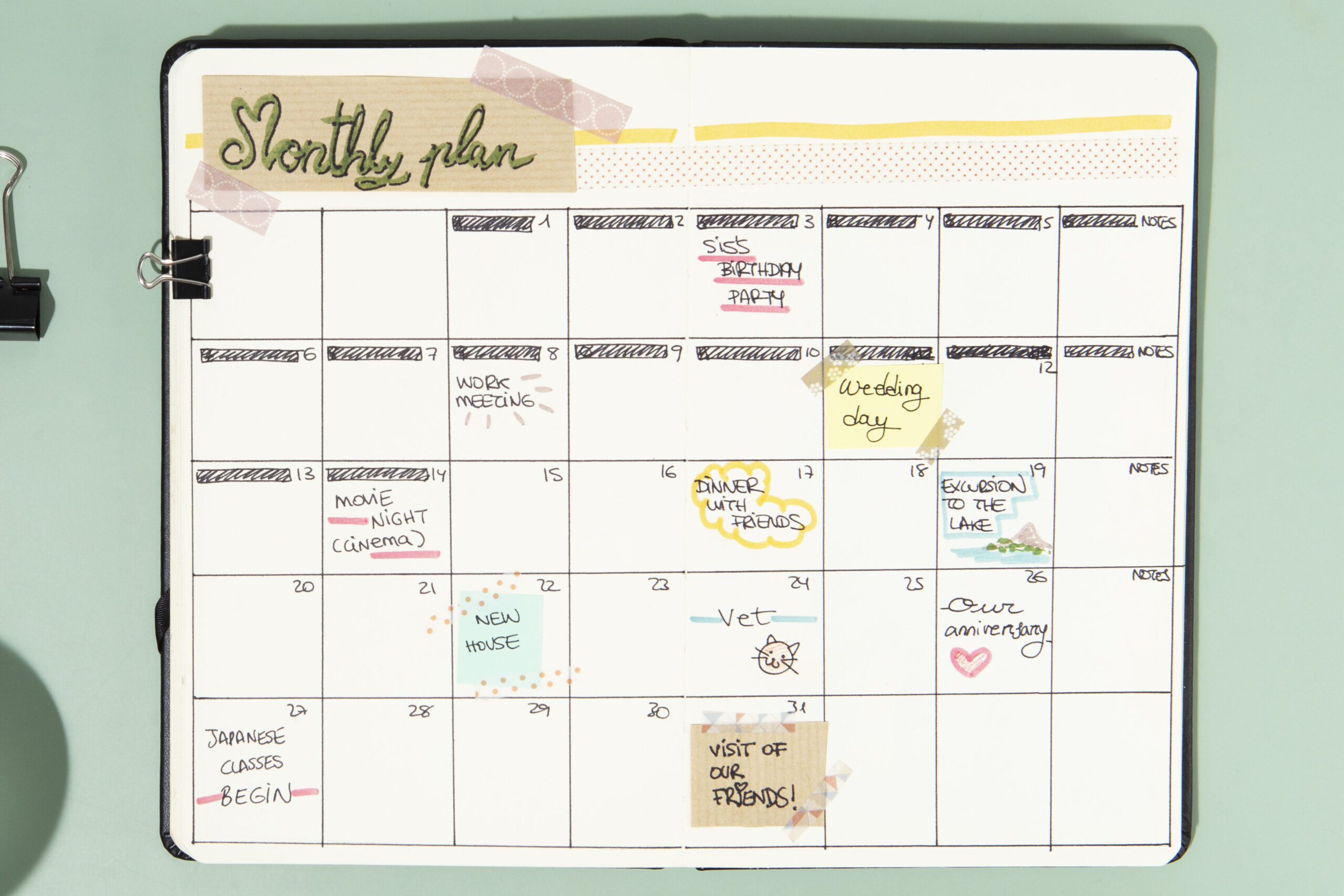
Monthly Wellness Dashboard
| Left Page | Right Page |
| Habit tracker + meal plan sketch | Workout schedule + water intake chart |
Weekly Reflection Layout
- Top Section: Completed workouts, healthy meals.
- Bottom Section: Self-care wins, improvement areas.
Progress Visualization
- Line Graphs: Track weight, miles run, or meditation streaks.
- Non-Scale Victories: Energy levels, jeans fitting better.

This fitness bujo gallery offers 20+ inspirational examples.
Keeping It Alive: Maintenance Tips
- Consistency > Perfection: Spend 5 minutes daily updating—it’s a journal, not a masterpiece.
- Color Code: Assign meanings (blue=water, green=veggies, pink=self-care).
- Monthly Reviews: Analyze patterns. Slept better on days you walked? Do more of that!
- Digital Backup: Snap photos of key pages so you’re never stranded without your journal.
Fun Fact: A 2025 study found 78% of beginners stuck with bujo when they focused on personalization over Pinterest-perfect spreads.
Troubleshooting Common Struggles
“I Get Overwhelmed by Too Many Trackers!”
Fix: Start with 2-3 key habits. Add more only when tracking feels effortless.
“My Journal Looks Messy!”
Fix: Use ruler-drawn lines or printable templates. Progress > polish.
“I Keep Forgetting to Update It!”
Fix: Pair journaling with an existing habit (e.g., after morning coffee).
Key Takeaways
- Start Small: A basic notebook and pen are all you need.
- Track What Matters: Focus on 2-3 health/fitness goals initially.
- Embrace Imperfection: Miss a week? Just jump back in.
- Celebrate Wins: Glue in race bibs, yoga class stamps, or snack-size chocolate wrappers as rewards.
Ready to Begin?
Grab that notebook and try this Day 1 Starter Spread:
- Page 1: Write “Why I’m Starting” (e.g., “Feel stronger,” “Sleep better”).
- Page 2: Sketch a weekly habit tracker with 3 goals.
- Page 3: Jot down 5 quick self-care ideas for stressful days.
Remember: Your bullet journal is a living thing. Let it evolve as you do.
The Science Behind Bullet Journaling
Why Writing Things Down Works
Research shows that physically writing goals increases the likelihood of achieving them. A study published in the Journal of Experimental Psychology found that people who wrote down their goals were 42% more likely to achieve them compared to those who didn’t.
The Role of Visualization
Visualizing progress through charts, graphs, and doodles can boost motivation by 63%. When you see your progress laid out in front of you, it’s easier to stay committed.
The Power of Habit Stacking
Pairing new habits with existing ones (like journaling after brushing your teeth) can increase adherence by 51%. This technique, known as habit stacking, makes it easier to build and maintain routines.
Advanced Tips for Long-Term Success
1. Themed Journals: Consider creating separate journals for different aspects of your life. For example, one for fitness, one for self-care, and one for work. This keeps things organized and prevents overwhelm.
2. Seasonal Reviews: Every three months, review your journal to assess progress. What worked? What didn’t? Use these insights to adjust your goals and strategies.
3. Community Support: Join online communities like r/bullet journal or Instagram hashtags (#bujocommunity) for inspiration and support.
4. Digital Integration: While bullet journaling is analog, you can integrate digital tools. Use apps like Evernote or Google Keep to back up important pages or set reminders.
Your bullet journal isn’t about being the most artistic—it’s about being the most you. It’s a tool to help you stay organized, motivated, and mindful. Whether you’re tracking your water intake, logging your workouts, or mapping your moods, the key is consistency and personalization.
So, grab that notebook, pick up a pen, and start journaling your way to better self-care and fitness. Remember, progress over perfection. Now, go turn those “I should” goals into “I did” checkmarks. 🖊️✨
Your bullet journal isn’t about being the most artistic—it’s about being the most you. Now, go turn those “I should” goals into “I did” checkmarks. 🖊️✨
References
Bullet Journal Setup Guide
Habit Tracker Effectiveness
Fitness Spread Ideas
Mental Health Tracking Tips
Sticky Note Workout Plans
Journaling and Goal Achievement Study
Visualization and Motivation Research
Habit Stacking Techniques
